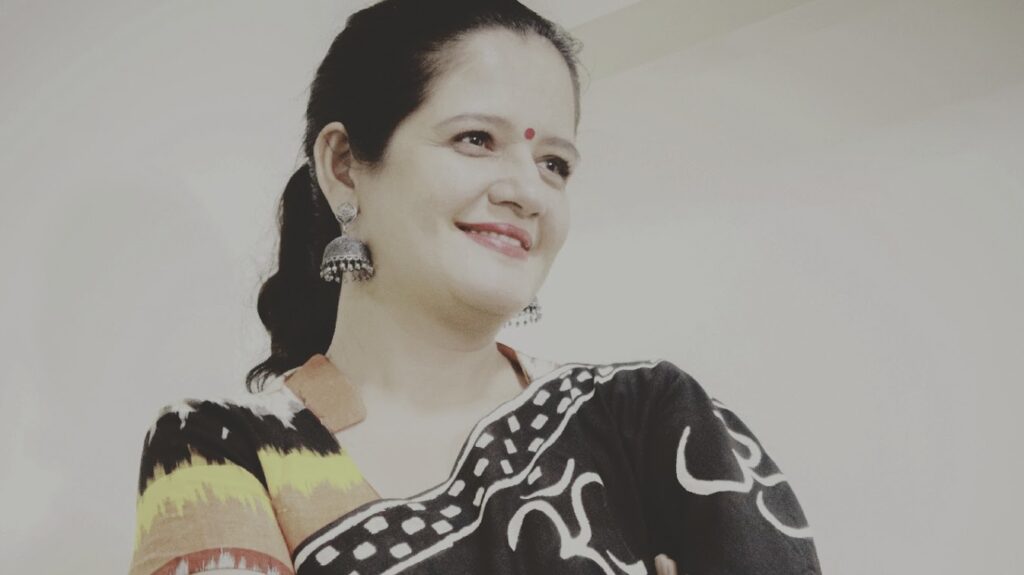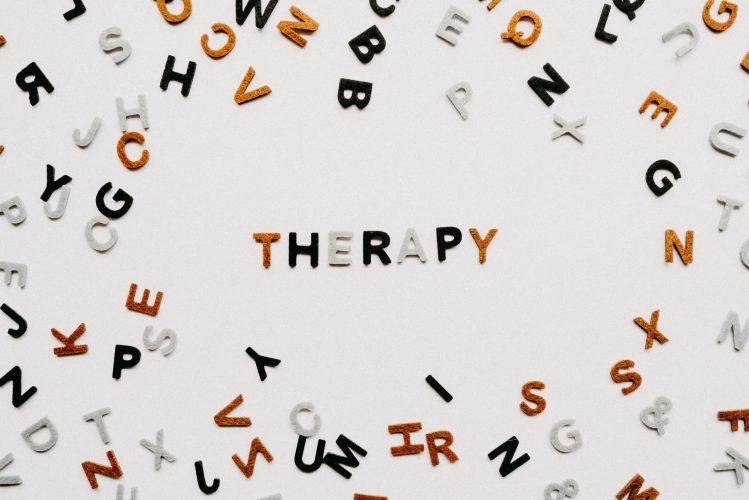Much of my podcast ‘Wellness Curated‘ is aimed at clarifying misunderstandings around mental health. I’ve explored everything from the subtle signs of burnout and strategies for emotional self-care to the power of mindfulness in managing stress, and more. Here, I’ve collated some expert advice for anyone navigating their mental health journey.

Recently, a friend confided in me about his decision to seek therapy, but he was confused about what therapeutic approach would be best. This is a common dilemma. While therapy is now more openly discussed and less stigmatised, there’s still uncertainty about which method is most effective. For example, cognitive-behavioural therapy (CBT) – largely focused on challenging negative thoughts, and actively making changes to one’s life – is widely recognised for its effectiveness in treating conditions like anxiety and depression. Meanwhile, Dialectical Behaviour Therapy (DBT) has been seen to be immensely beneficial for emotional regulation, and Eye Movement Desensitisation and Reprocessing (EMDR) has worked brilliantly in cases of people coping with trauma.
There is extensive literature in support of the Biopsychosocial Model, which highlights the link between biological, social and psychological factors in the development of mental health problems. In each case, it’s crucial to consider the evidence base of different therapies.
Reactions differ

A 2022 review from University of Sheffield, UK found that people respond differently to various therapeutic approaches. For instance, some people who have had CBT, may critique it for its emphasis on ‘doing’, as opposed to ‘talking’. Sometimes, the road to healing is best travelled with others. Community support groups and group therapy provide a sense of belonging and shared experience. Other approaches like psychotherapeutic counselling place greater emphasis on exploring problems and thinking about past experiences.
Psychotherapy is particularly useful when people are dealing with stressful problems that may bring up a lot of difficult emotions. The Stress Vulnerability Model, for instance, highlights how many people may be biologically predisposed to developing a mental health condition and this may be expedited by life stressors. However, the model emphasises the importance of various social and psychological factors, which may result in a person feeling less vulnerable to stressful situations in life, according to a review published in the Journal of Abnormal Psychology. Consequently, having a support system and an ability to speak about one’s problems can help reduce distress caused by life stressors.
Holistic approaches to mental health
Many therapeutic techniques and approaches are critiqued for being too simplistic. In targeting one human aspect (body, cognition, emotion), some of the approaches perhaps fail to take into account the person as a whole. Holistic approaches, on the other hand, aim to treat the person as a whole being. This path includes dietary changes, herbal supplements, acupuncture, and other naturopathic treatments. The key is a balanced approach that integrates these methods with traditional mental health care.
In an episode of my podcast on spirituality and mental health, I spoke to clinical psychologist Dr. Lisa Miller from Teachers College at Columbia University, and the founder and director of the Spirituality Mind Body Institute. She said, “Through the lens of clinical science, MRI studies, genotyping studies, long term epidemiological studies, the most profound protective factor against the diseases of despair is personal spirituality.” Dr. Miller highlighted the utility of incorporating spirituality in mental health interventions, adding “When we choose to enter into our deep awakened awareness, where we know and feel we are loved, held, guided and never alone, we make a different decision.”
She also explored better and more comprehensive understanding of depression, highlighting that it may not be pathological, rather it is a completely natural response to existential questions that may come up at a certain age.


Many therapeutic techniques and approaches are critiqued for being too simplistic. In targeting one human aspect (body, cognition, emotion), some of the approaches perhaps fail to take into account the person as a whole. Holistic approaches, on the other hand, aim to treat the person as a whole being. This path includes dietary changes, herbal supplements, acupuncture, and other naturopathic treatments. The key is a balanced approach that integrates these methods with traditional mental health care.
In an episode of my podcast on spirituality and mental health, I spoke to clinical psychologist Dr. Lisa Miller from Teachers College at Columbia University, and the founder and director of the Spirituality Mind Body Institute. She said, “Through the lens of clinical science, MRI studies, genotyping studies, long term epidemiological studies, the most profound protective factor against the diseases of despair is personal spirituality.” Dr. Miller highlighted the utility of incorporating spirituality in mental health interventions, adding “When we choose to enter into our deep awakened awareness, where we know and feel we are loved, held, guided and never alone, we make a different decision.”
She also explored better and more comprehensive understanding of depression, highlighting that it may not be pathological, rather it is a completely natural response to existential questions that may come up at a certain age.
Does exercise really help?
A study published by Elsevier in 2017 is among many studies that have established that physical health and mental health are linked. For instance, people experiencing anxiety may report shakiness and trembling while those with low moods often describe feeling fatigued or lacking energy. Engaging in regular exercise has been seen to improve both physical symptoms and mental health outcomes. Moreover, mindfulness has also been linked with soothing the body and reducing the frequency and severity of physical symptoms. But achieving absolute mental wellness through physical maintenance is, often, impossible.

Says Mumbai-based psychology counselling expert Kinjal Pandya, “Although people are quite aware of physical wellness, introspection is crucial to the process because there are other things that feed into your system. It can be as simple as who you’re hanging out with. The main thing is that you need to be aware and take responsibility when you’re focused on physical fitness. You can have a great physical routine but your mental health will still not be rectified the way it should.”

Says Mumbai-based psychology counselling expert Kinjal Pandya, “Although people are quite aware of physical wellness, introspection is crucial to the process because there are other things that feed into your system. It can be as simple as who you’re hanging out with. The main thing is that you need to be aware and take responsibility when you’re focused on physical fitness. You can have a great physical routine but your mental health will still not be rectified the way it should.”
At the end of the day, each individual’s journey is unique, shaped by personal history, circumstances, and needs. The most effective approach often involves a combination of different therapies and practices, tailored to the individual. As we continue to explore and understand the vast landscape of mental health, it’s important to remain open to the diverse paths that lead to healing and wholeness.

